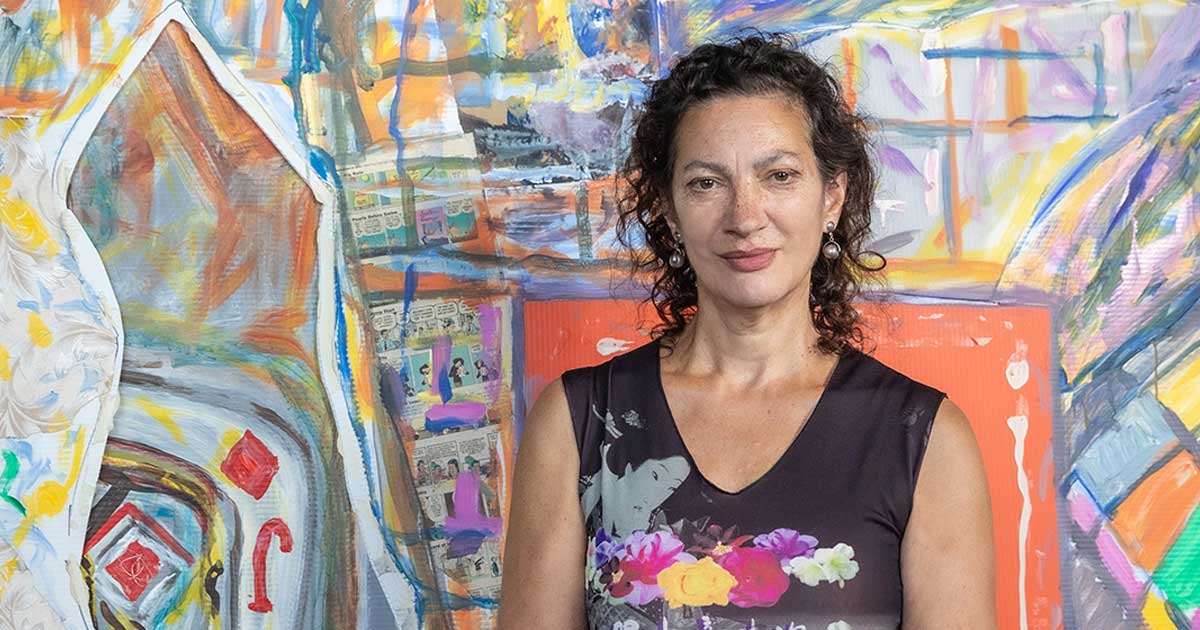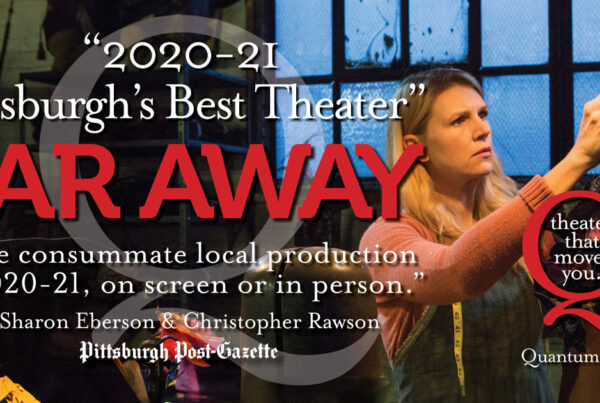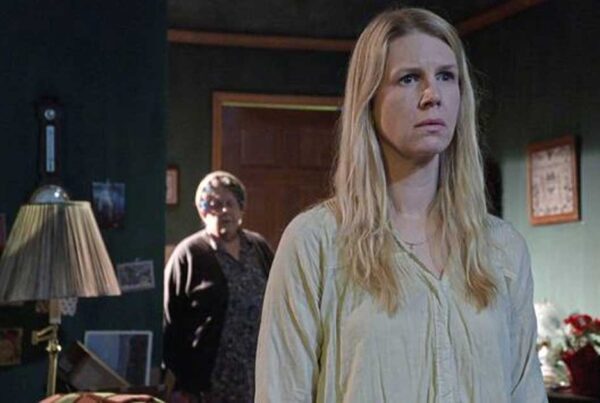
Pittsburgh Quarterly – As a kid, I lived in Wheeling, W.Va., but I wasn’t born there. My dad worked for Titanium Metals Corporation and, before Wheeling, we moved a couple of times around the country to places where Timet plants were located. I was 10 when we settled in Wheeling, so I think of myself as a West Virginian.
In my formative years, Wheeling was much more vibrant than it is today. It was like a “little Pittsburgh,” in way, along the Ohio River. The National Road went right through town, which helped to make it a hub of industry. Wheeling-Pittsburgh Steel, for example, was in full swing when I was growing up.
My father was a graduate of the Wharton School of the University of Pennsylvania. My mother was a former teacher and a very broad-thinking, educated person. I’m in the middle of three sisters, with one brother, who was the oldest. Both of our parents have passed and, sadly, we lost our brother to blood cancer when he was just 45. So, three sisters remain—and a sister-in-law; four women, and our offspring. They are amazing people, each one.
The first piece of theatre in which I ever participated was in 1976, as a dancer. It was a musical based on West Virginia history called “Time Steals Softly,” which was really long and boring! It was staged in the amphitheater at Oglebay Park, where our community performed its summer musicals. That’s where I met director Harold O’Leary, who became very influential in my life. Hal ran a wonderful community program that’s attached to Oglebay Institute in Wheeling called The Towngate Theatre. It was non-professional, but that special “thing” that turns people into artists was definitely going on there. I don’t know if I would be the person that I am if that hadn’t been a part of my background. Hal and I remained very close until he passed away in June of 2018.
So, I went to college, but dithered a bit and ended up, for lack of a plan, at Bethany College, which had a beautiful campus nearby in the hills of West Virginia. After two years, I transferred to the University of Pittsburgh and then, driven by aesthetic curiosity, to graduate school at the California Institute of the Arts in Santa Clarita. Cal Arts does its best to train artists to believe in their own unique visions and to follow their own voices, so it was a good place for me. I wanted to produce the kind of theatre that most interested me and that proceeded from my influences. Cal Arts was also a very international place, and it was there that I decided that my work in the arts would have an international bent, if I had anything to say about it.
Growing up, I was very into nature. And I liked classical music and dance. I was also an avid reader. When I came to see what other artists were doing around the world, I discovered that I felt most connected to those who were working on a bigger plane. At the time, I felt that American theatre tended to be boxed-in by “realism” and the addressing of localized issues, and I still don’t know that our American theatres are fully embracing the imaginative possibilities of the art form. I want to push boundaries and help people understand something broader and more universal about life. As an example, three years ago in London, I saw a play about American whistleblower Edward Snowden. Most of the way through, it seemed like a normal play but, in the last 15 minutes, the stage turned 180 degrees. The actor playing Snowden kept falling as the whole room turned. But the people who were talking to him never moved and ended up hanging upside down by their feet, as if nothing had happened. All the while, Snowden fell and fell again, to a new floor. That was an amazing, imaginative thing, and it appealed to me. All my life, I have tried to think in a more broad and transcendent way, about history, nature and the human condition.
When I conceived Quantum Theatre, it didn’t feel like I was starting a company; it felt like I was an artist intent upon making work that was large in scope and reach, and Pittsburgh seemed like a great place to do it. After all, I was familiar with the city from my days at Pitt, and it was of a manageable size. I found that I could arrange meetings with people who would listen to me. And, even though I was talking about doing something different, they responded…




